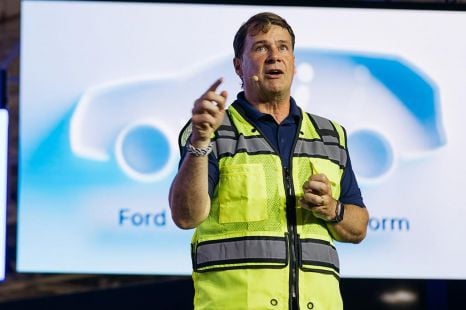

Damion Smy
Ford boss says EV sales could collapse
12 Minutes Ago
The controversial lobby group for Australia's car brands says it supports the push for a National Electric Vehicle Strategy.

Senior Contributor
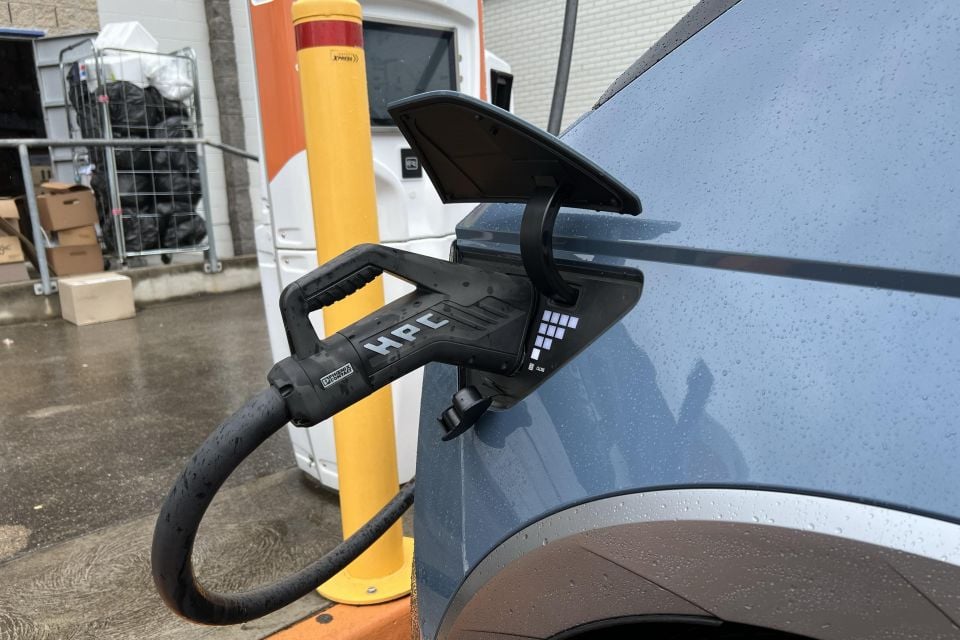

Senior Contributor
The peak body representing Australia’s car brands, which has been accused of actively undermining the rollout of zero-tailpipe-emissions cars, says it fully supports the ALP Government’s “courageous” plan for a National Electric Vehicle Strategy.
The Federal Chamber of Automotive Industries (FCAI), which is funded by Australia’s car brands and represents them in Canberra, was this month pilloried for pitching a fuel efficiency and CO2 emissions-reduction scheme that’s less demanding on its members than policies in Europe or the US.
MORE: Australia’s car lobby accused of white-anting plans to cut CO2
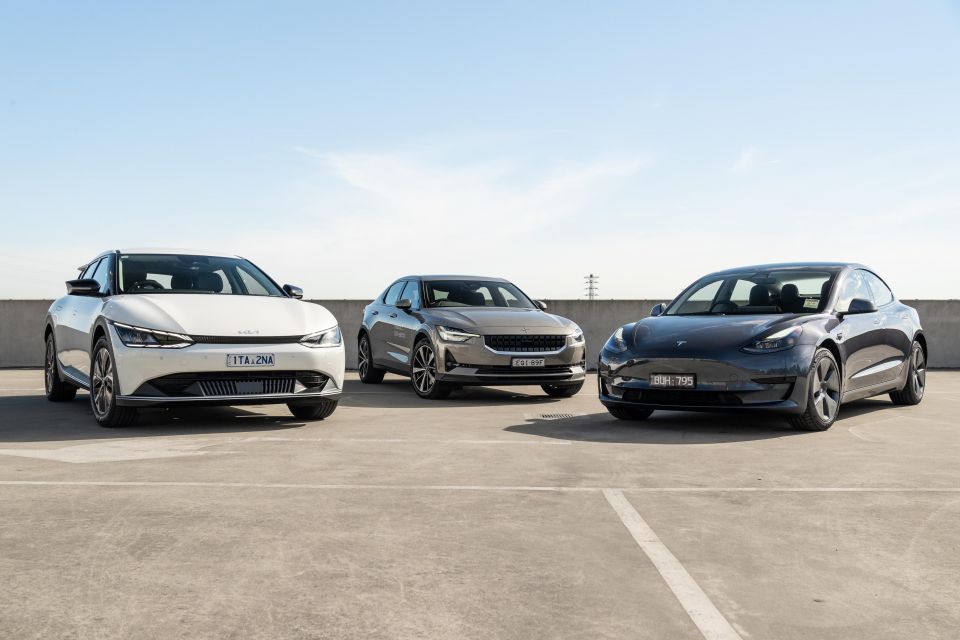
It was not represented at today’s EV Summit in Canberra, organised by the Electric Vehicle Council, Smart Energy Council and the Australia Institute, with speeches from Tesla Chair Robyn Denholm, Atlassian CEO Mike Cannon-Brookes, and EU ambassador Michael Pulch.
Also speaking was Climate Change Minister Chris Bowen, who got the ball rolling on the Federal Government’s National Electric Vehicle Strategy, with a discussion paper to include input from the car industry and other stakeholders.
The core policy to be addressed is the belated introduction of fuel efficiency standards and the application of a binding tailpipe CO2 reduction scheme, which many in the car industry have long said is essential to unlock greater EV supply.
FCAI chief executive Tony Weber said today the body supported the positions taken, and had been broadly doing so for more than two years.
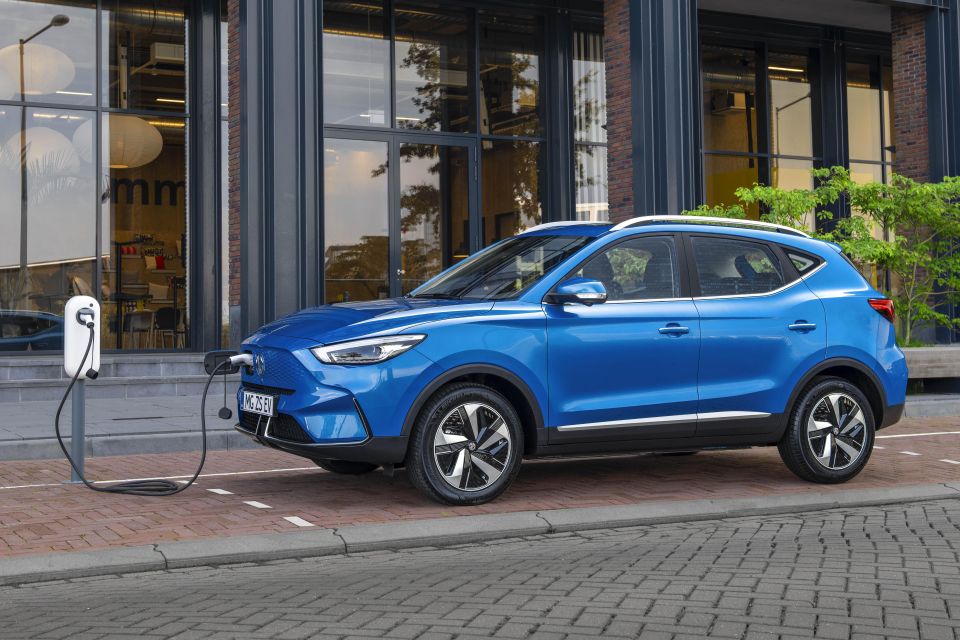
“This is the kind of courageous intent we have been seeking from our Federal Government and it is a major step on our journey to delivering low emission vehicles to Australian customers,” said Mr Weber.
“We have publicly advocated for a Government mandated CO2 target for many years. This is a good day.”
It called the Government’s position “consistent with an approach outlined by the FCAI on 24 July 2020”.
At that time, the peak body stated: “The FCAI strongly supports a comprehensive approach to addressing motor vehicle emissions that includes fuel quality standards, the introduction of Euro 6 and the introduction of a challenging but realistic, achievable and market relevant CO standard”.
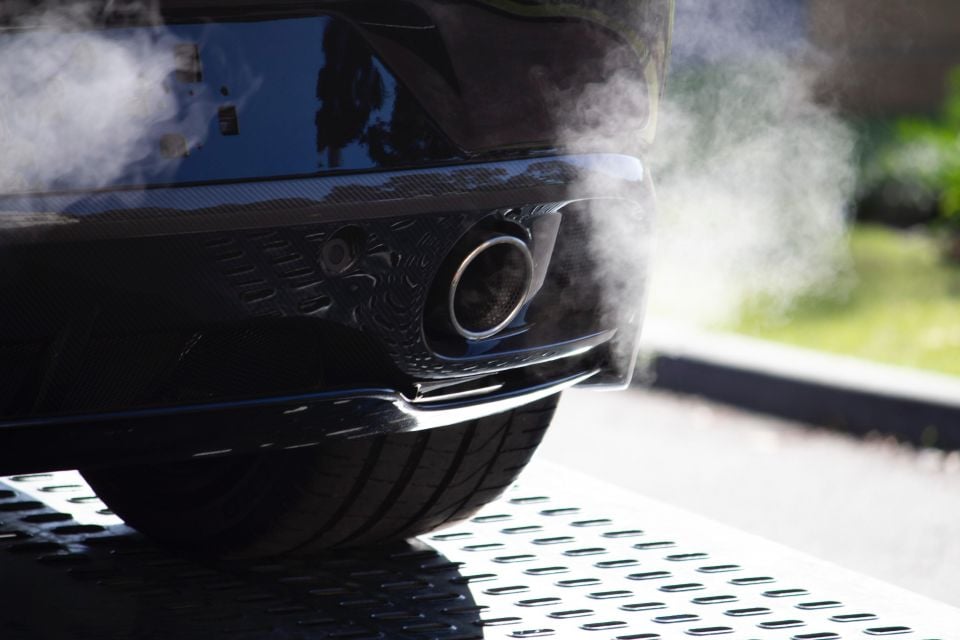
A very widely-cited story in the Sydney Morning Herald recently accused the lobby of “a wide-ranging secret campaign” to delay the rollout of EVs and hamper the government’s desired 43 per cent CO2 cut by 2030, and net zero by 2050.
Yet the FCAI has been calling on numerous governments to put such a scheme into law for years now, which does somewhat undermine the suggestion that it’s trying to halt the rollout of lower-emissions cars and promote guzzlers.
But there’s no argument that the FCAI’s voluntary CO2 reduction targets of 35 per cent for passenger cars and light SUVs by 2030 (to 98 grams per kilometre); and 26 per cent cut for utes, vans and heavy SUVs (to 143g/km), are weak in a global context. Too weak for many.
Europe already requires new cars to emit on average 95g/km and vans 147g/km – about the same as what the FCAI wants from Australia in 2030. By the end of this decade Europe wants a 55 per cent cut from today’s levels, and zero emissions from new vehicles starting in 2035.
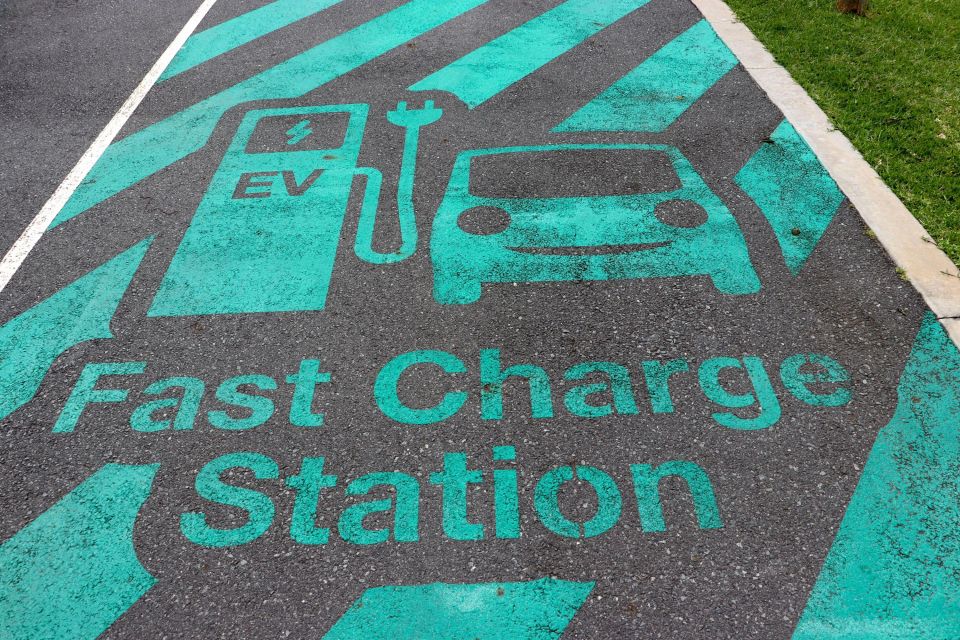
“The nationally led cooperative approach, supported by State and Territory Governments and relevant stakeholders, will help to build a comprehensive strategy that includes the complexities of vehicles, infrastructure, taxation, and incentives that are critical to achieving our climate change ambitions,” Mr Weber opined.
“It also is critical to ensure all Australians are included, rather than excluded because of where they live and what they can afford, and ensure ambition is matched with reality.”
MORE: Dumping ground no more? Australian Government’s affordable EV push MORE: VW Group Australia claims to hold ‘leadership position’ in EV discussion


Damion Smy
12 Minutes Ago
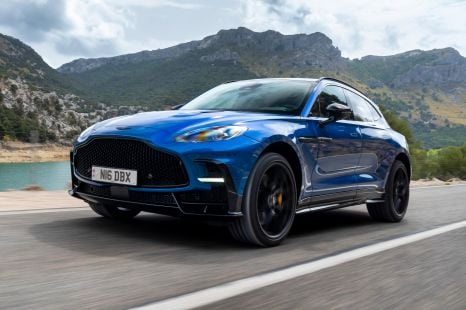

Shane O'Donoghue
5 Hours Ago
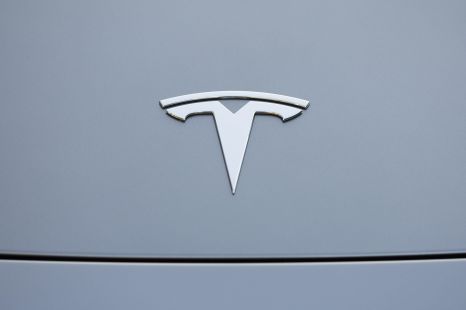

Damion Smy
22 Hours Ago
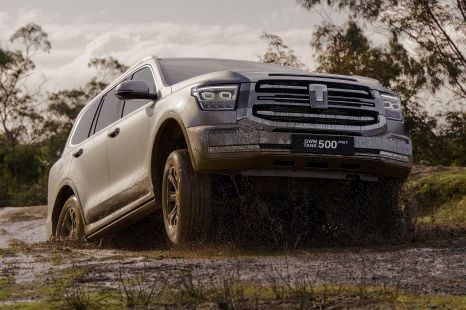

Derek Fung
23 Hours Ago
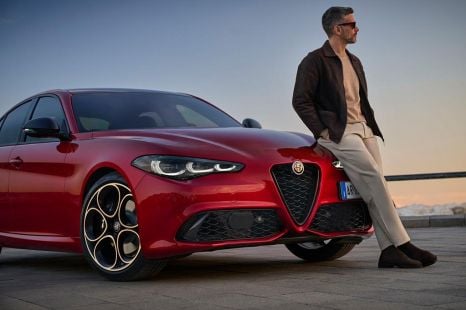

Damion Smy
23 Hours Ago
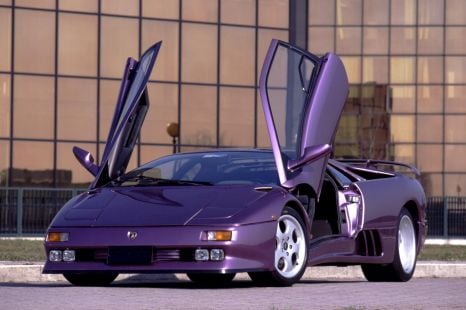

James Wong
23 Hours Ago